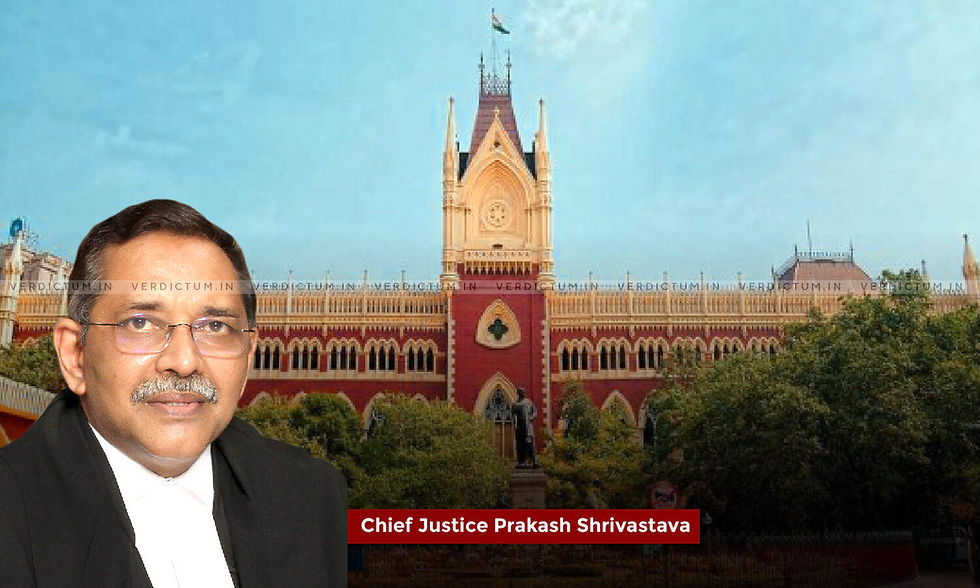INDO SRI LANKA MARITIME BOUNDARY DISPUTE
- varunk01
- Mar 2, 2023
- 3 min read
Updated: Mar 3, 2023
By Lt Cdr Varun Kulshrestha (Retd.)

LEGAL STATUS OF INTERNATIONAL MARITIME BOUNDARY LINE
Background
Kachchatheevu is a tiny island 285.2 acres in area. It is located 10 miles northeast of Rameshwaram. Traditionally, the island was frequented by Indian fishermen who used it as a staging post to dry their nets and catch. There is also a catholic church dedicated to St Antony on the island which is visited by the local fishermen in the month of March to celebrate a traditional festival.
Historically, Kachchatheevu was part of Zamindari of Raja of Ramnad since 1605, when Zamaindari was abolished, it became a part of Madras Presidency. The island came in prominence after independence, when delimitation of Maritime boundary in Palk Bay was under taken by the governments of India and Sir Lanka. The commercial importance of the island attracts fishermen in and around the Palk Bay due to adequate availability of “Prawans”.
STATUS OF INTERNATIONAL MARITIME BOUNDARY LINE(INDO- SRI LANKA AGREEMENTS 1974 AND 1976)
The bay is 137 Km in length, it is divided by the International Maritime Boundary Line (IMBL). In the year 1974, both the countries came into an agreement to settle long standing disagreement on the conflicting territorial waters. The delimitation of IMBL in Palk Bay and the Gulf of Mannar was under taken by the said agreements in 1974 and 1976 respectively.
The principle of national sovereignty underpinned both the agreements, the views /concerns of the state of Tamil Nadu were not taken into consideration while the agreements was fostered by the GOI. As a result, islands of Kachchatheevu was allegedly ceded to Sri Lanka. The paper delimitation of Palk Bay did not cater to the realties on the ground many Indian sentiments in particular sentiments of local Indian fishermen of Tamil Nadu were not taken into consideration.
SALIENT PROVISIONS OF INDO-SRI LANKA AGREEMENTS 1974
The salient provisions of the agreement are as follows:-
(a) Article 3 – The actual location of the position on sea and on sea bed shall be determined by a method to be mutually agreed by both the governments.
(b) Article 5 – The Indian fishermen and pilgrims will enjoy access to visit Kachchatheevu Island as hitherto, and will not be required by Sri Lanka to obtain travel documents or visa for these purpose.
(c) Article 6 - The vessels of India and Sri Lanka will enjoy in each other waters such rights as they have traditionally enjoyed therein.
In furtherance to the same, in year 1976 the then foreign Secretary of GOI wrote a letter to his Sri Lankan counterpart clarifying that the Indian fishermen will continue to have access to the said island as hitherto.
In year 2008, the state of Tamil Nadu challenged 1974 and 1976 agreements between the GOI and Sri Lanka before the Supreme Court of India and the matter is Subjudice.
The case filed by Ms J Jayalalithaa (LR Ak Sevaraj) {Writ Petition (Civil) 561 of 2008} is pending before Supreme Court of India. The stand of UOI in the matter is not yet clear.
In the year 2017, Fishermen Care Association (an NGO), filed a Writ petition before the High court of Tamil Nadu, challenging the killing of innocent fishermen by Sri Lankan Air Force who had inadvertently crossed IMBL. The petition was dismissed with a view that the question to determine dispute between international treaty is beyond the jurisdiction of the High Court of Madras.
STATUS OF KACHCHATHEEVU-AS PER MINISTRY OF EXTERNAL AFFAIRS
In reply to an RTI seeking information with regard to ownership of Kachchatheevu Island , MEA has replied that:-
“Kachchatheevu Island lies on the Sri Lankan side of India –Sri Lanka IMBL that was delineated by the 1974 agreements demarcating Palk Bay. This does not involve either acquiring or ceding of territory belonging to India, since the area in question has never been demarcated therefore, as per the agreements the island of Kachchatheevu lies on the Sri Lankan side of IMBL.
Conclusion
The dispute involves larger interpretation of an International Treaty /agreement vis a vis the relation with a hostile neighboring country. Therefore, pending the outcome of Wirt Petition filed by the Tamil Nadu government before the Supreme Court of India, it is in best interest that Status Quo on IMBL be maintained.
***



Comentários